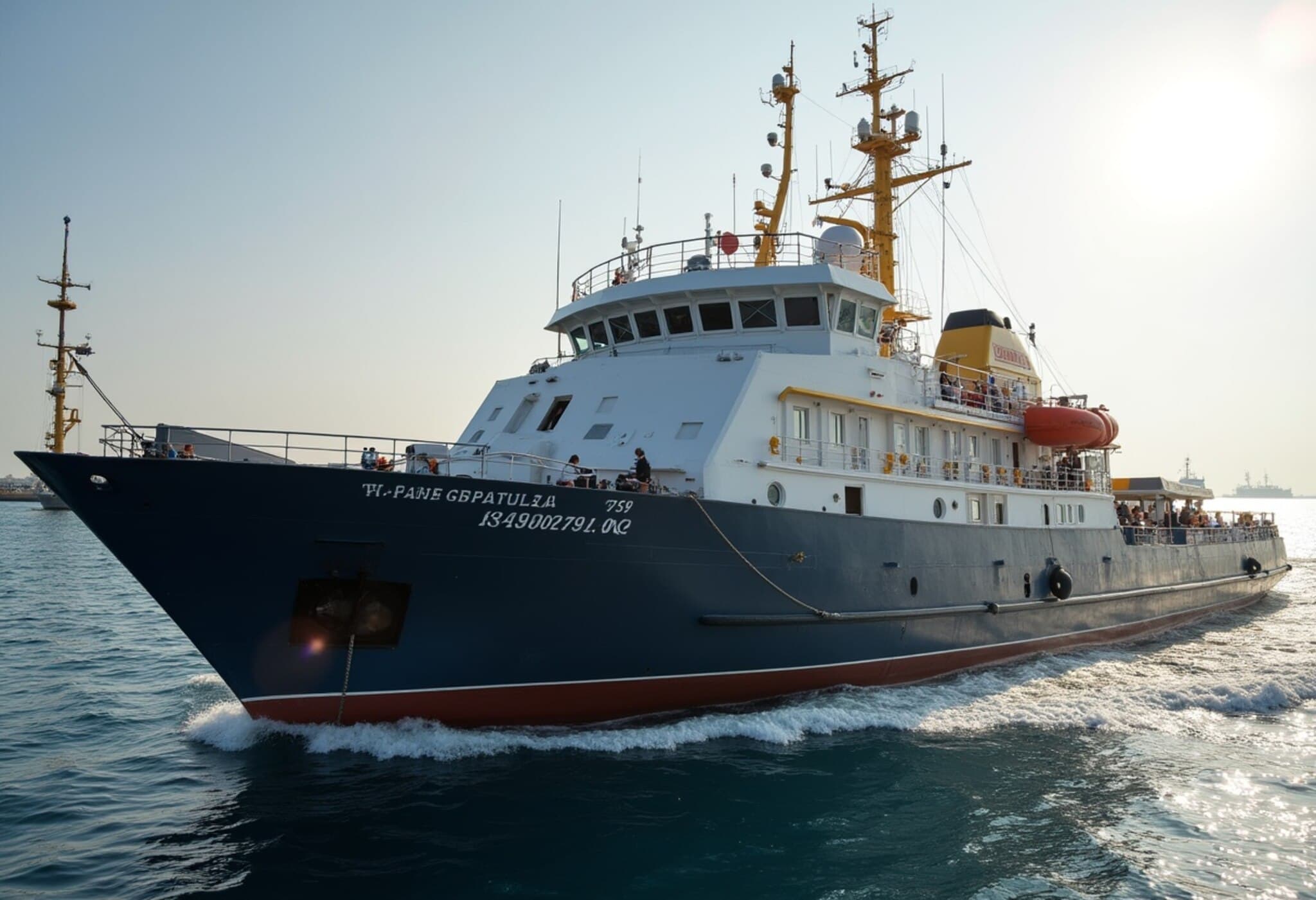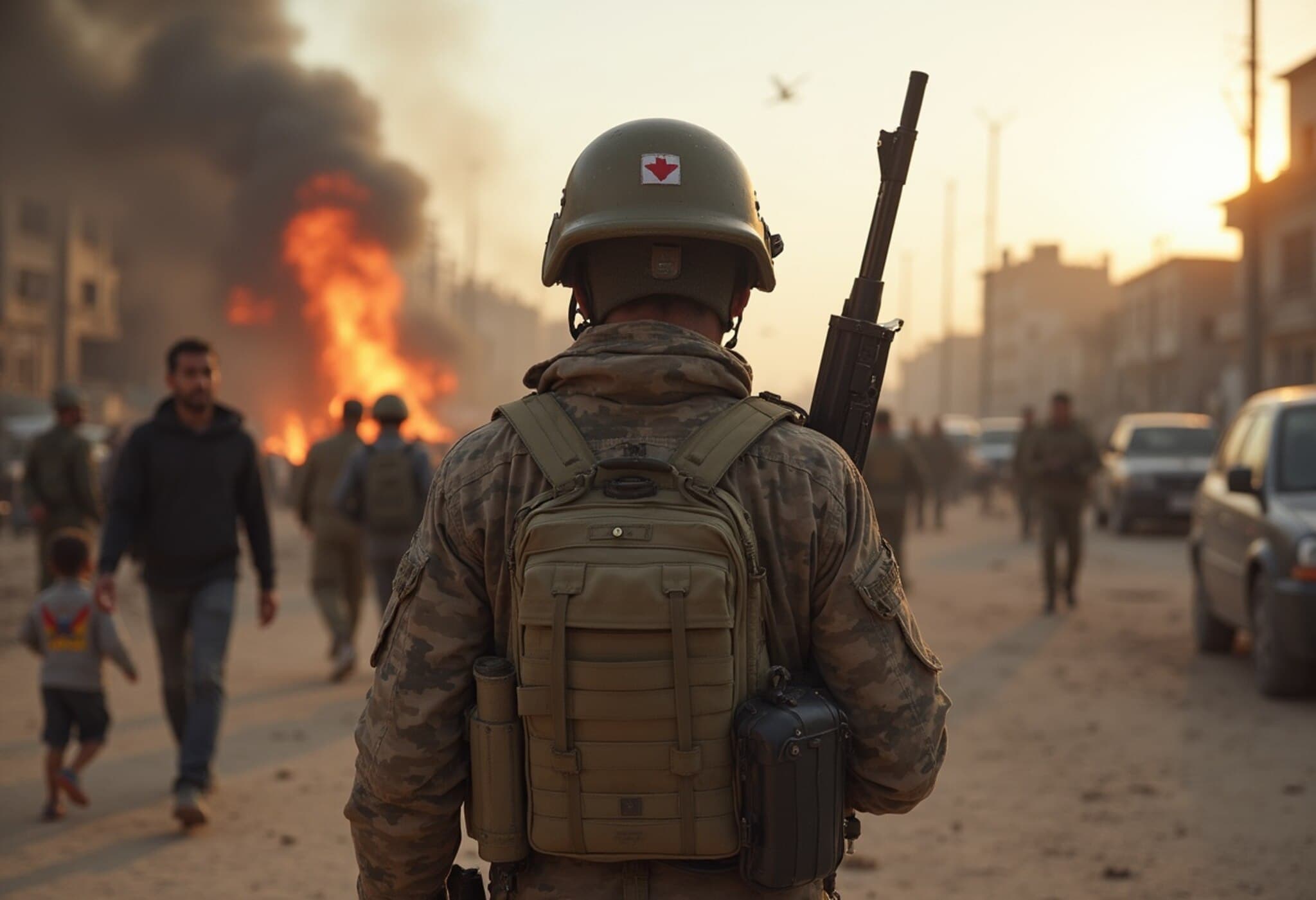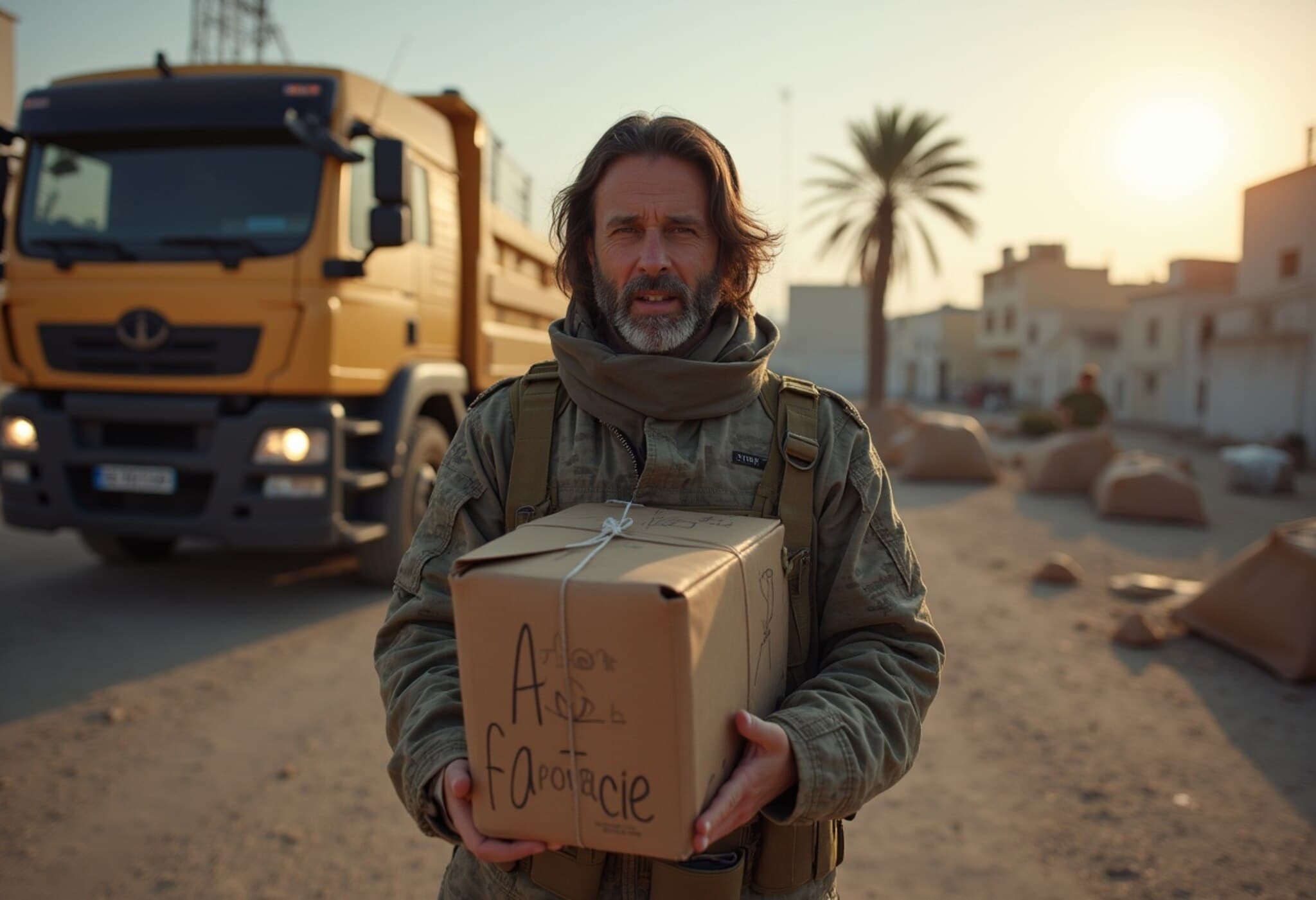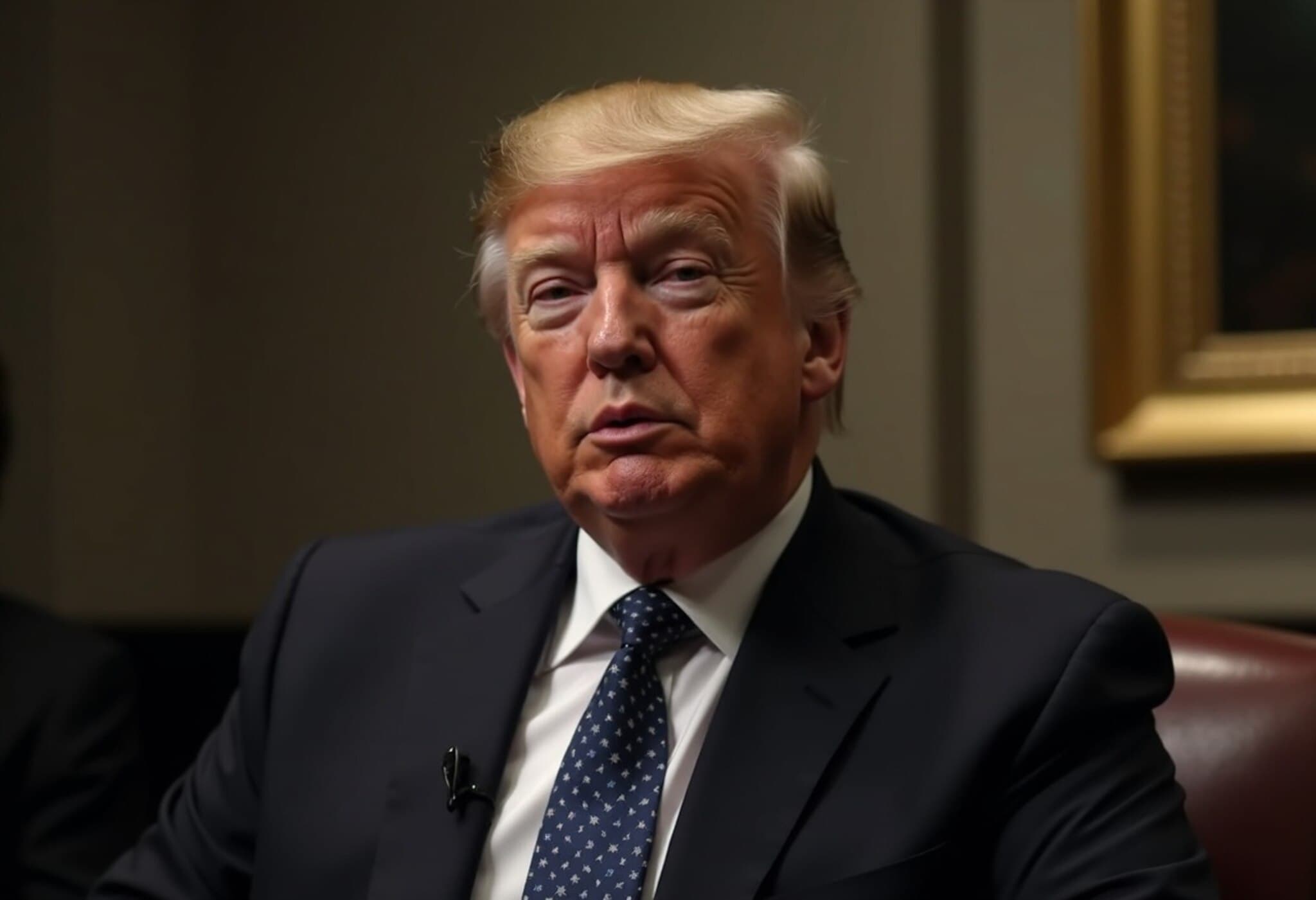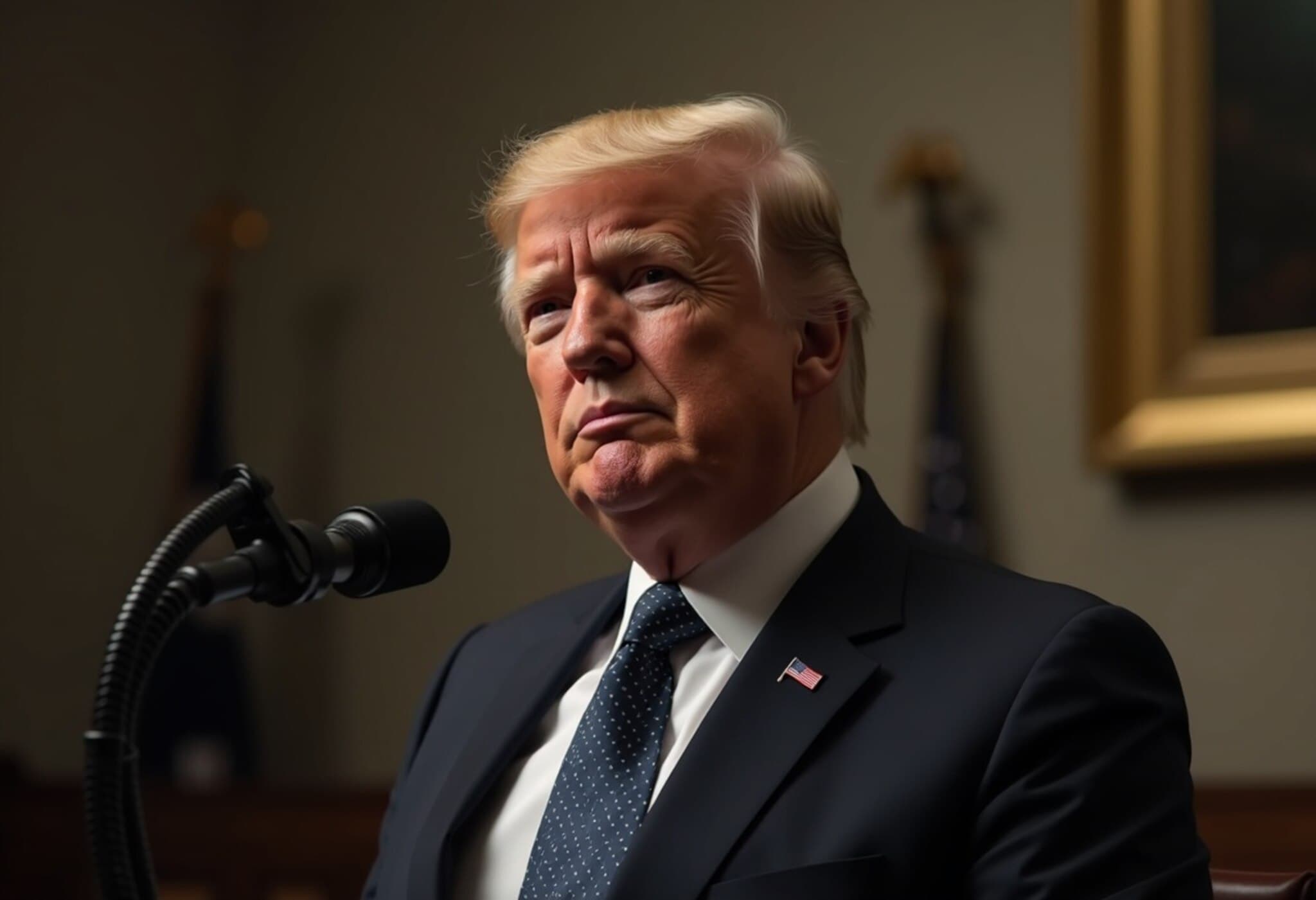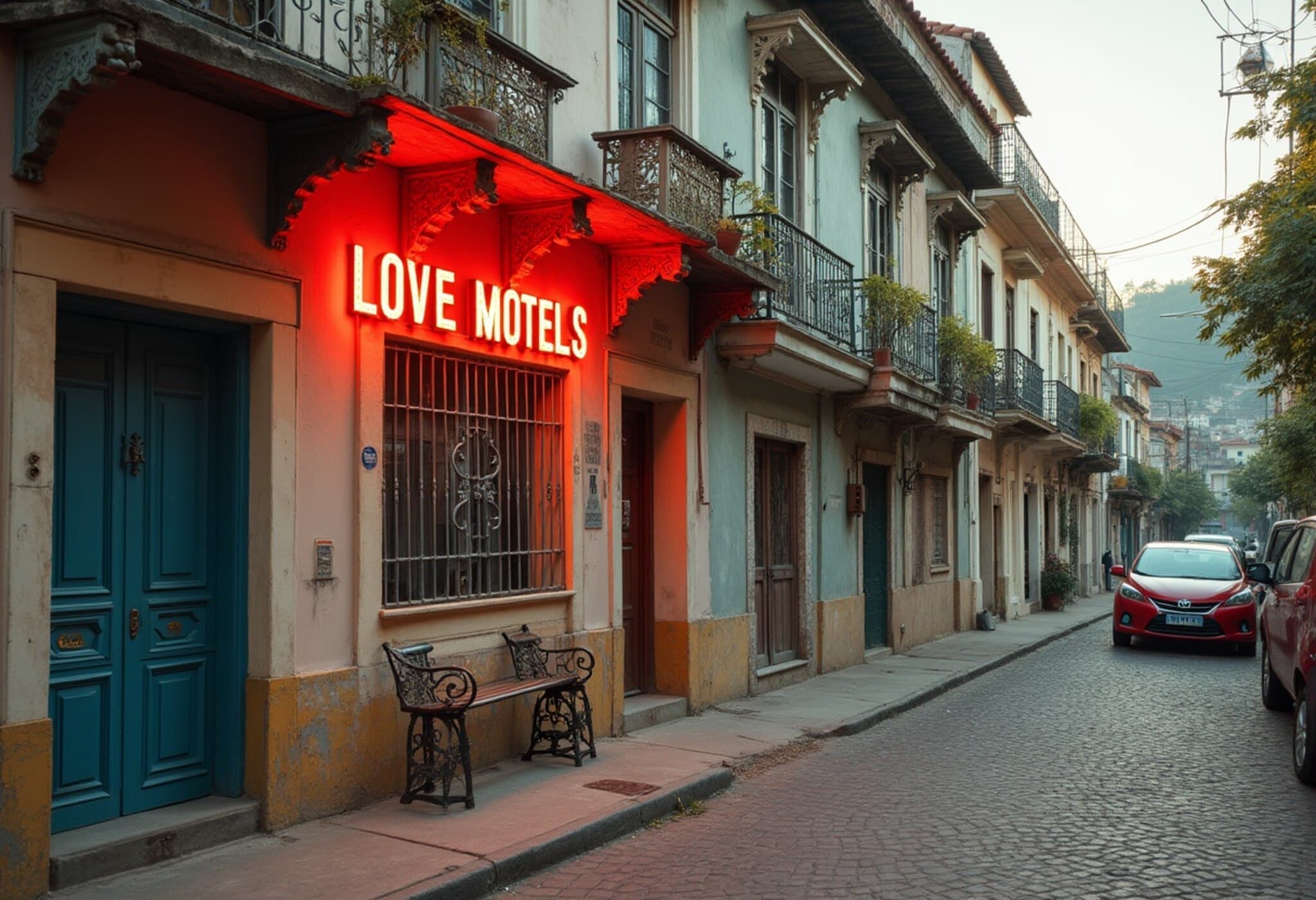Israel Intercepts ‘Handala’ Vessel Carrying Baby Formula to Gaza
In a development highlighting the ongoing humanitarian crisis and political tensions in the Gaza Strip, Israeli naval forces intercepted the vessel Handala—operated by the Freedom Flotilla Coalition (FFC)—as it attempted to break through the maritime blockade imposed on Gaza. The interception occurred on Saturday night approximately 40 nautical miles off Gaza’s coast in international waters, sparking sharp criticism from activists and renewed scrutiny of Israel’s blockade policies.
The Handala had embarked from Sicily earlier this month, carrying a humanitarian cargo including critical baby formula along with 19 activists and two Al Jazeera journalists from countries such as Australia, France, the UK, and the US. According to the Freedom Flotilla Coalition, the activists were forcibly taken off the boat and described this action as a "kidnapping" by Israeli forces. The vessel was subsequently towed to Ashdod Port where the passengers are expected to be deported.
Security vs. Humanitarian Access: The Israeli Perspective
Israel’s Foreign Ministry justified the interception by citing ongoing security concerns and the illegality of attempting to breach the naval blockade. In a statement, authorities emphasized that unauthorized attempts to enter Gaza’s territorial waters undermine existing humanitarian efforts and pose grave risks. Despite the blockade, officials noted that airdrops of aid—including flour, sugar, and canned food—are occurring as part of coordinated attempts to channel assistance into the area.
Experts on international maritime law note that the legality of Israel’s naval blockade remains contested. While Israel argues its actions are necessary to prevent the flow of weapons to Hamas, critics highlight the blockade’s devastating impact on Gaza’s civilian population, exacerbating severe shortages in food, medicine, and essential supplies, and raising urgent questions about the humanitarian costs of prolonged military restrictions.
The Freedom Flotilla Coalition’s Changing Strategy
Facing Israeli naval patrols and surveillance drones, the Handala reportedly altered course at sea to parallel Egypt’s coastline without entering its territorial waters. The Coalition indicated contingency plans to seek emergency entry through Egyptian waters if Israeli aggression escalated, signaling the precarious navigation forces attempting aid delivery must undertake.
Previous Incidents and the Broader Context
This incident recalls the earlier seizure of the vessel Madleen, also bound for Gaza and operated by FFC. Among its passengers was notable Swedish environmentalist Greta Thunberg, alongside other volunteers carrying baby formula, food, and medical supplies. Israeli authorities dismissed that mission as a media stunt and impounded the vessel following its interception in international waters.
The blockade and repeated interdictions come amid mounting international concern over Gaza’s deteriorating conditions. The United Nations and humanitarian organizations have repeatedly sounded alarms over impending famine and medical scarcity, intensified by the ongoing conflict and limited border crossings.
Expert Insights: Navigating the Humanitarian and Security Crossroads
Legal analysts emphasize that while sovereign nations have the right to protect their borders and citizens, the enforcement of blockades must adhere to international humanitarian law, particularly regarding the protection of civilians. The repeated interceptions of humanitarian vessels raise pressing questions about the proportionality of these actions and the effectiveness of non-military solutions to the Gaza crisis.
Moreover, the flotilla efforts spotlight an underreported aspect: the growing global civil society activism challenging siege conditions. Volunteer activists, including high-profile figures, are bringing renewed attention to Gaza’s humanitarian plight, pushing the international community to confront the ethical implications of prolonged blockades.
Looking Ahead: The Path Forward for Gaza Aid Delivery
- Humanitarian Dialogue: There is a pressing need for all stakeholders—Israel, Gaza authorities, Egypt, and international agencies—to coordinate transparent, secure routes for aid delivery.
- Legal Scrutiny: International courts and organizations must continue to evaluate the blockade’s legality and advise on measures to safeguard civilian welfare.
- Civil Society Engagement: Activist efforts, though controversial, serve to draw global attention and could catalyze policy shifts toward alleviating Gaza’s humanitarian emergency.
Editor’s Note
The interception of the Handala vessel encapsulates the fraught intersection of security concerns, humanitarian imperatives, and international law in one of the world’s most enduring conflicts. While Israel asserts its right to protect its borders, the persistent shortages and desperate needs in Gaza call for urgent, innovative solutions beyond military blockade. This incident challenges policymakers and the global community to ask: How can aid reach those in dire need without compromising security? And at what point does security risk overshadow humanitarian obligation? As the situation evolves, these questions demand thoughtful, balanced responses from all sides.

